The university-wide annual teaching and learning showcase usually happens in the end of Fall semesters, attracting faculty, students, and staff from both DKU and Duke to celebrate, reflect, and envision teaching and learning.
Friday, December 6th, 2024
Empowering students to thrive in the ever-changing world is a core goal of higher education. To achieve this, faculty are breaking down traditional classroom boundaries by integrating innovative pedagogies, such as experiential learning, community-based learning, project-based learning, etc. into their teaching. This teaching and learning showcase will highlight exemplary practices in authentic assessments for real world scenarios, authentic learning experiences within local communities and beyond, research-orientated course projects, and more. Join us as we explore how these approaches are transforming education and preparing students for future success.
Keynote Panel: Chinese Traditional Approaches on Authentic Education watch the recording
Distinguished guest panelists:
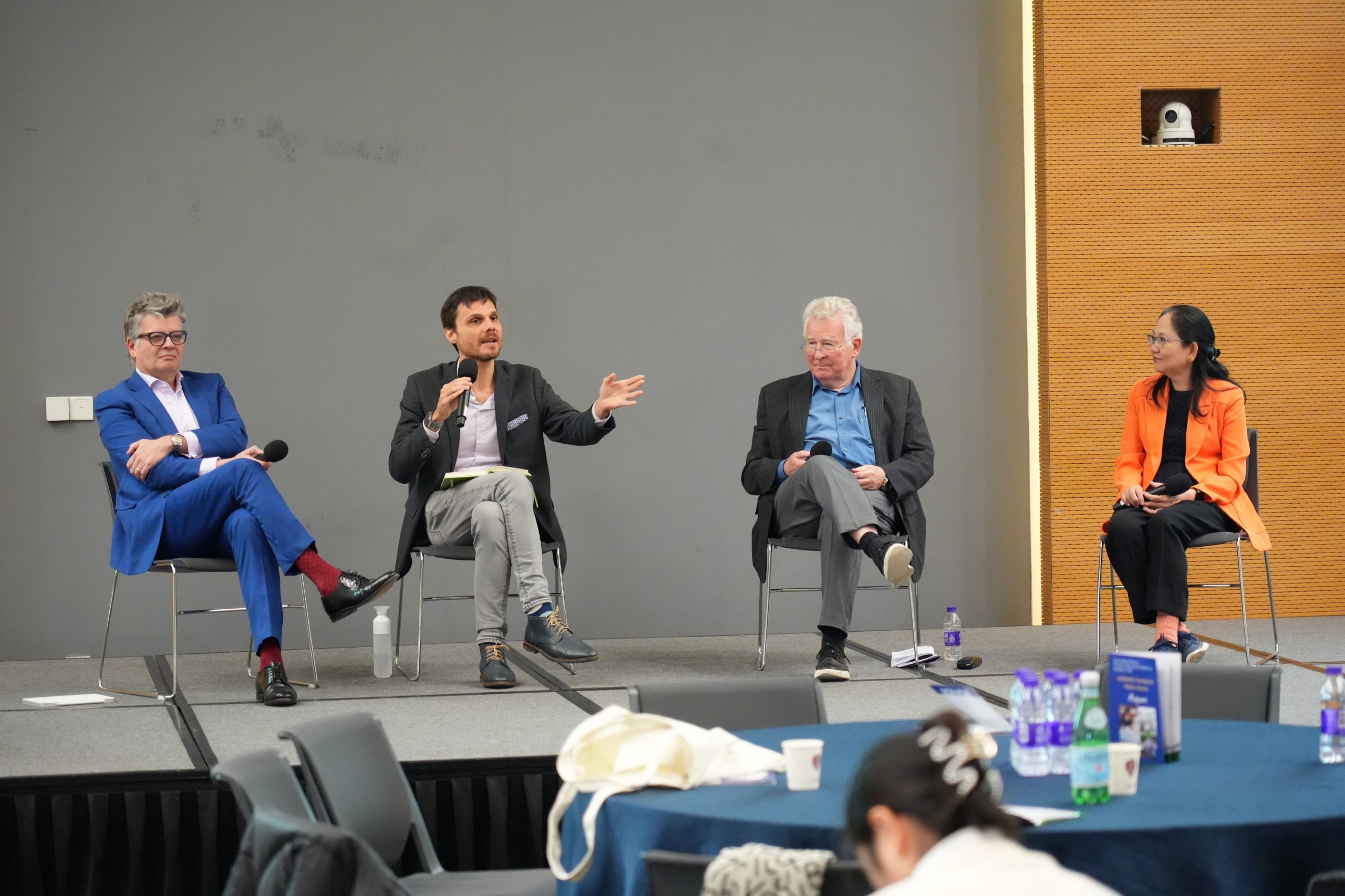
DKU Student and Faculty Panel watch the recording
Student Panelists
Faculty Panelists
Moderator
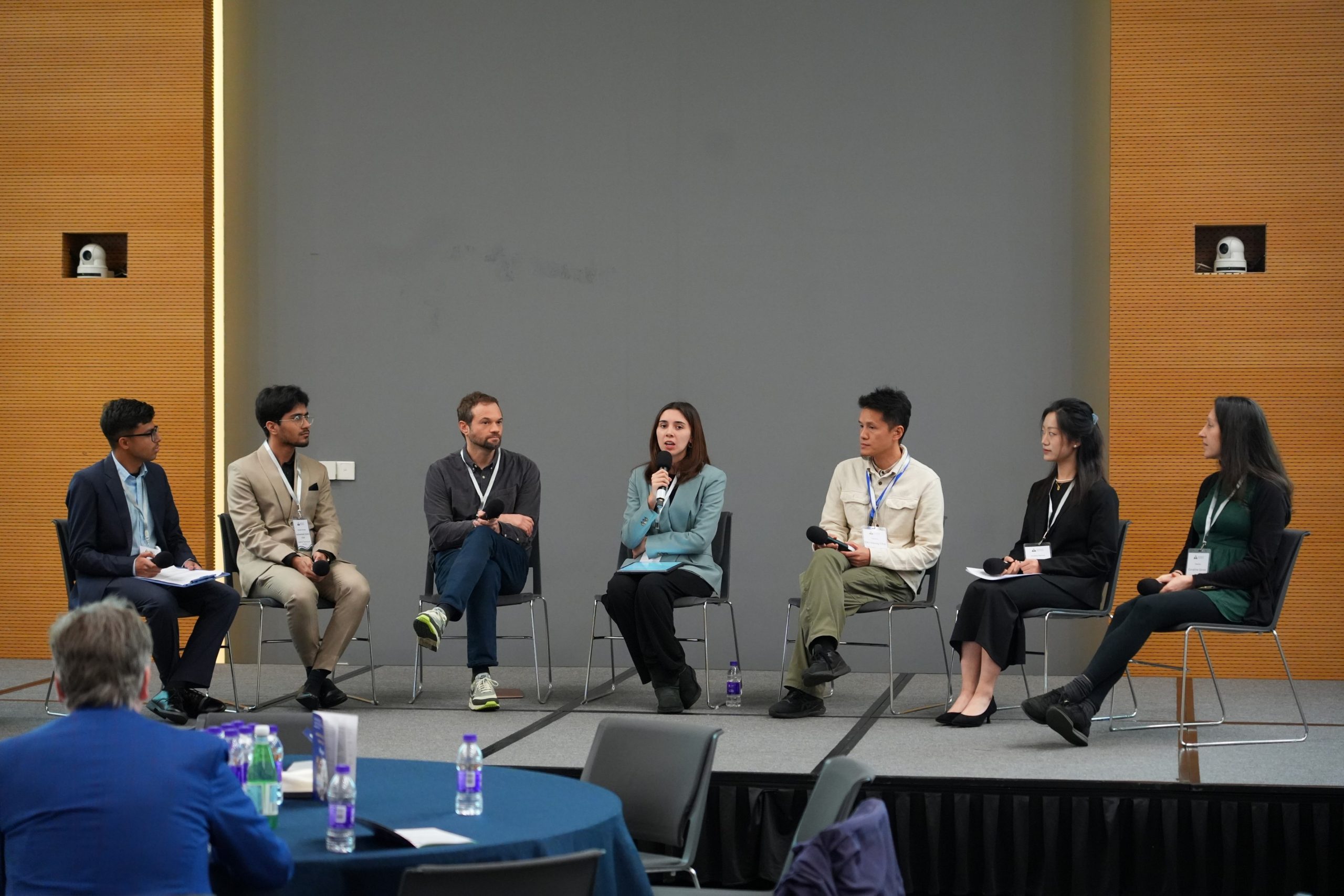
Afternoon Faculty Presentations
AB 2103 watch the recording
AB 2107 watch the recording
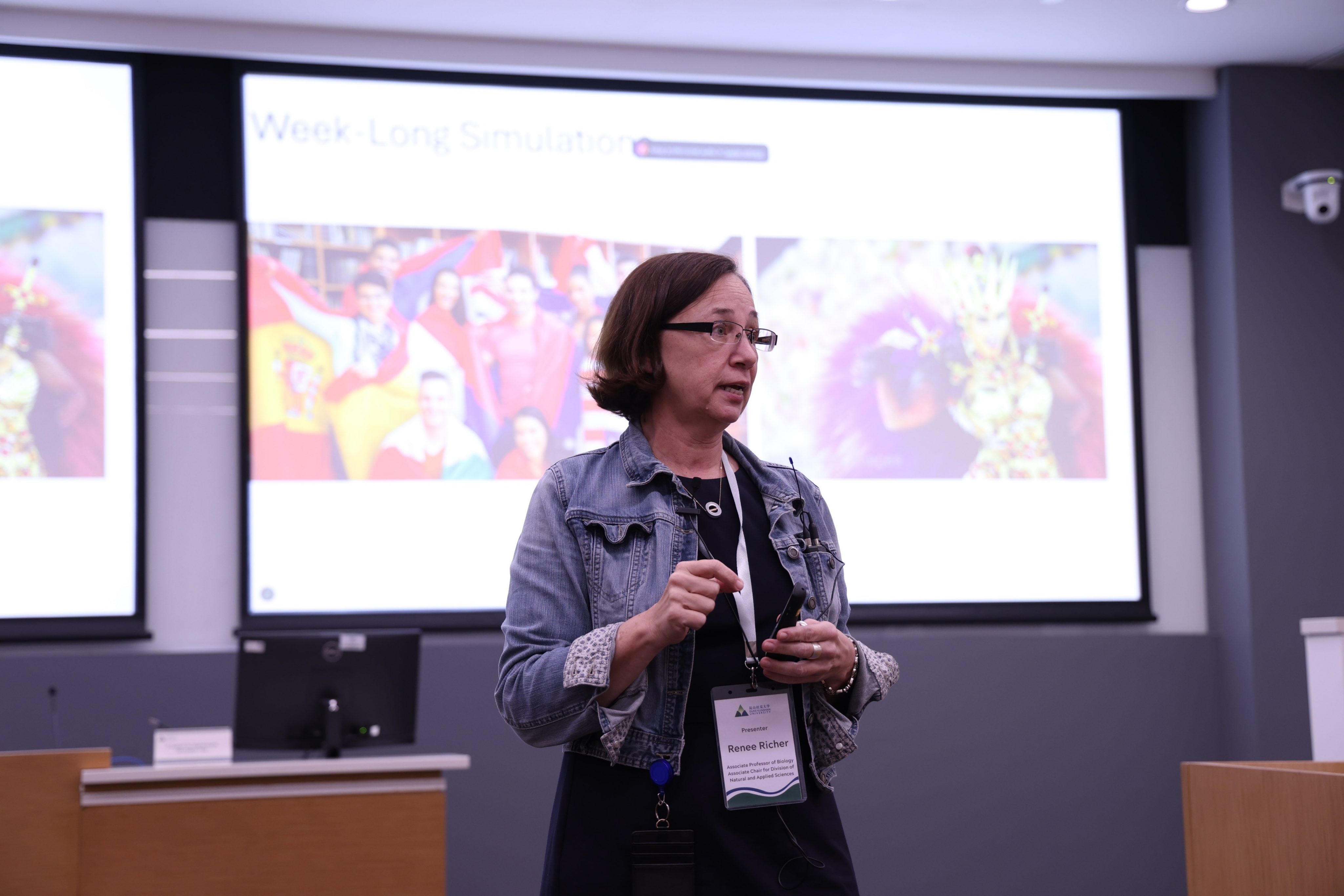
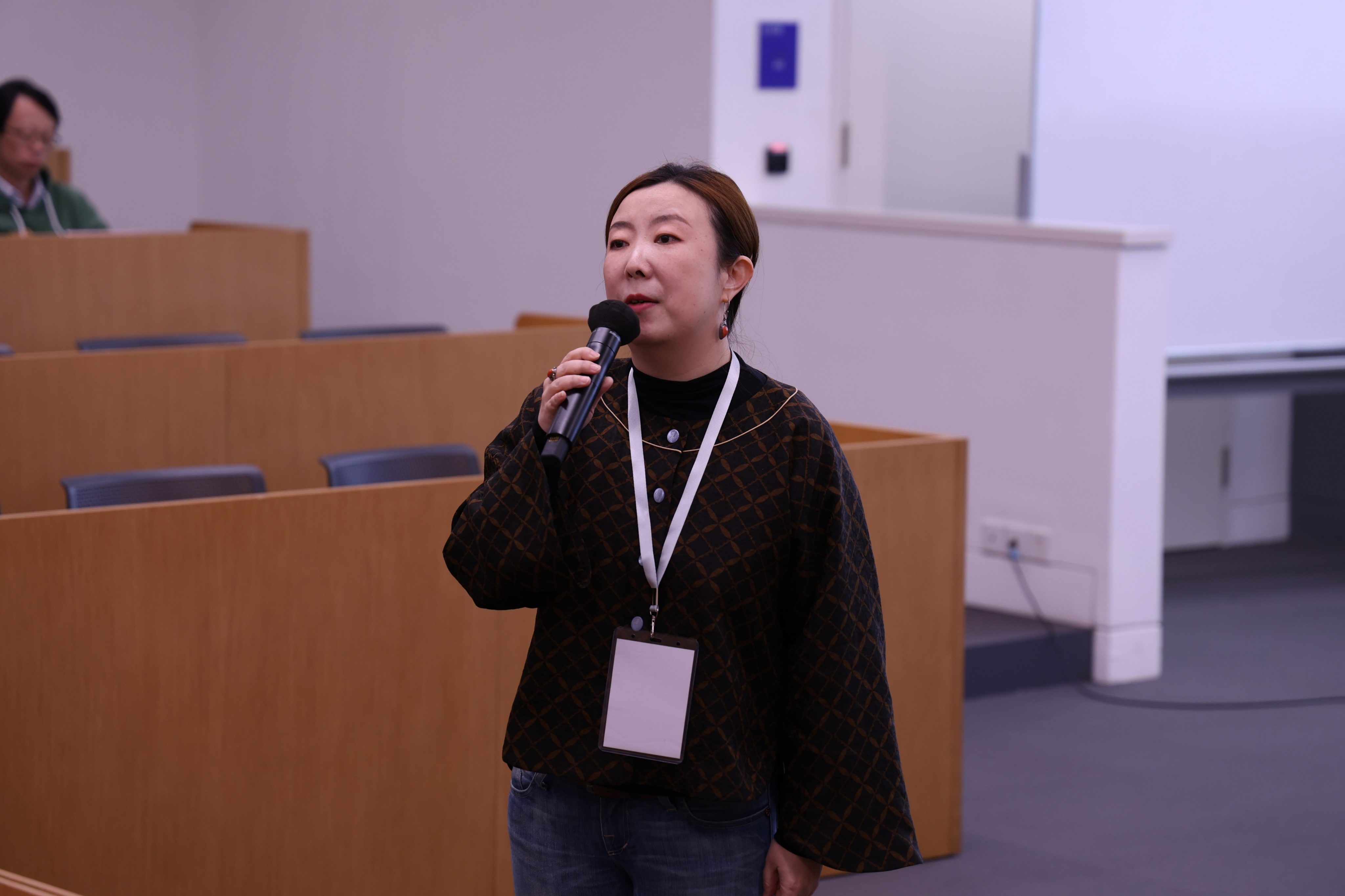
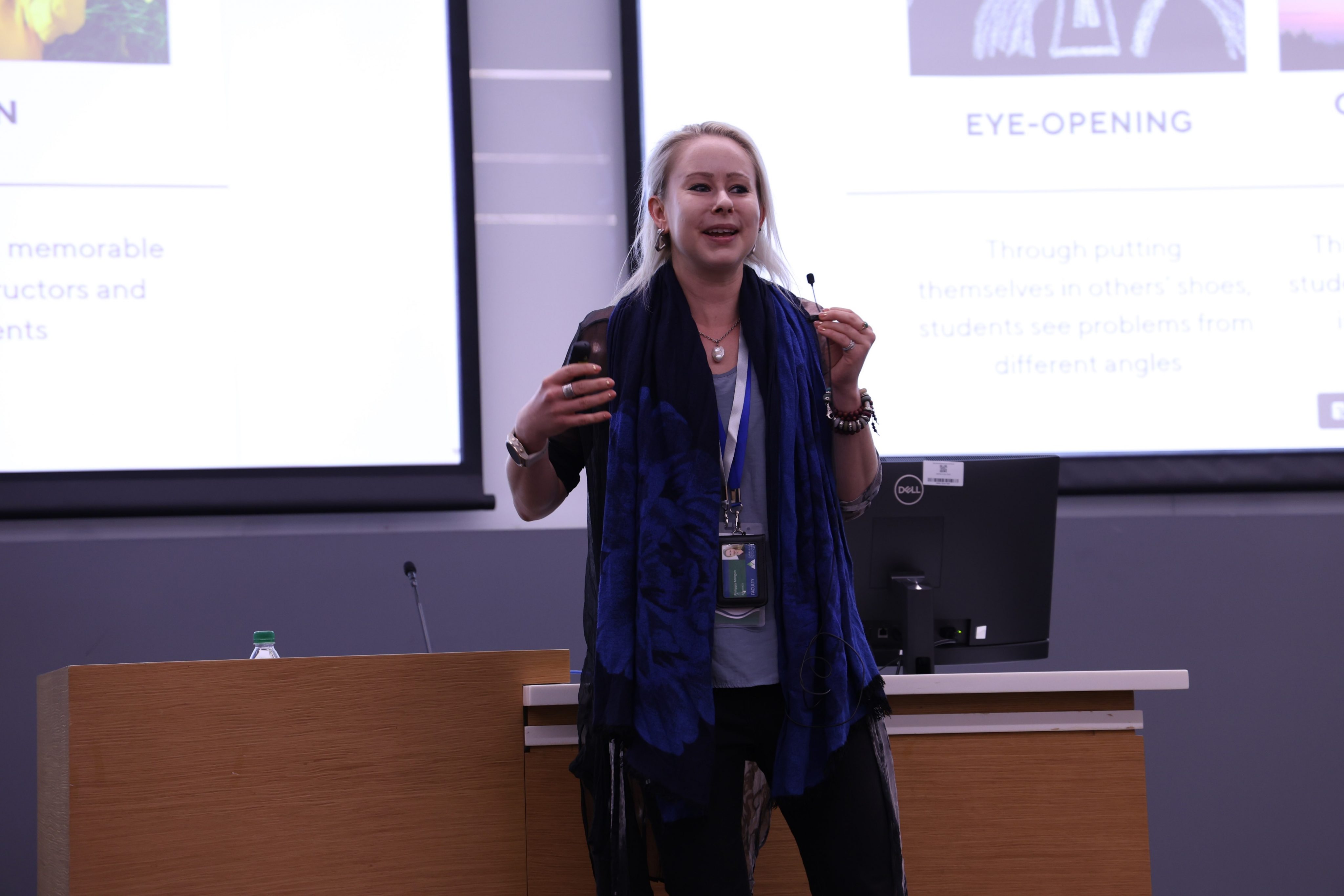
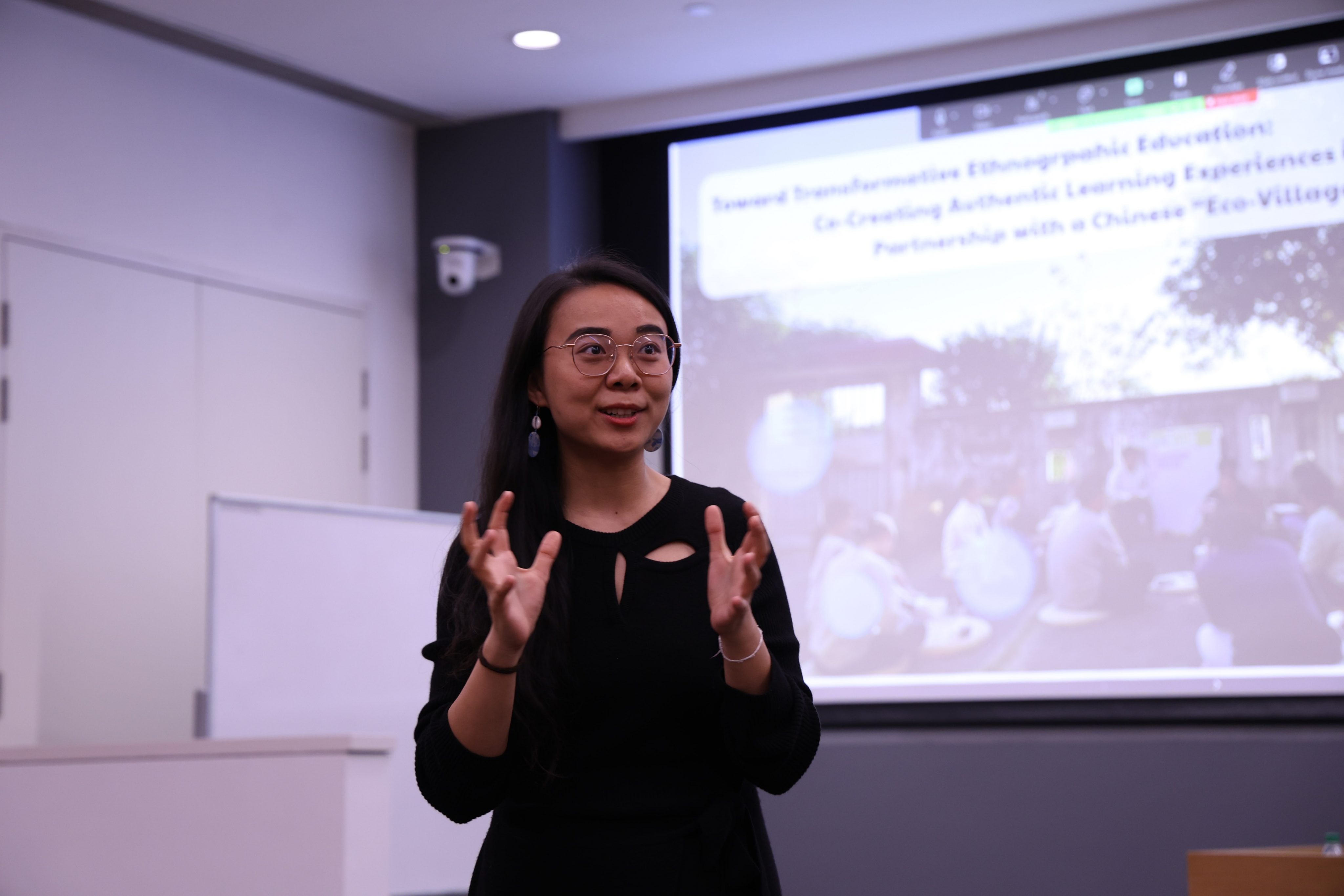
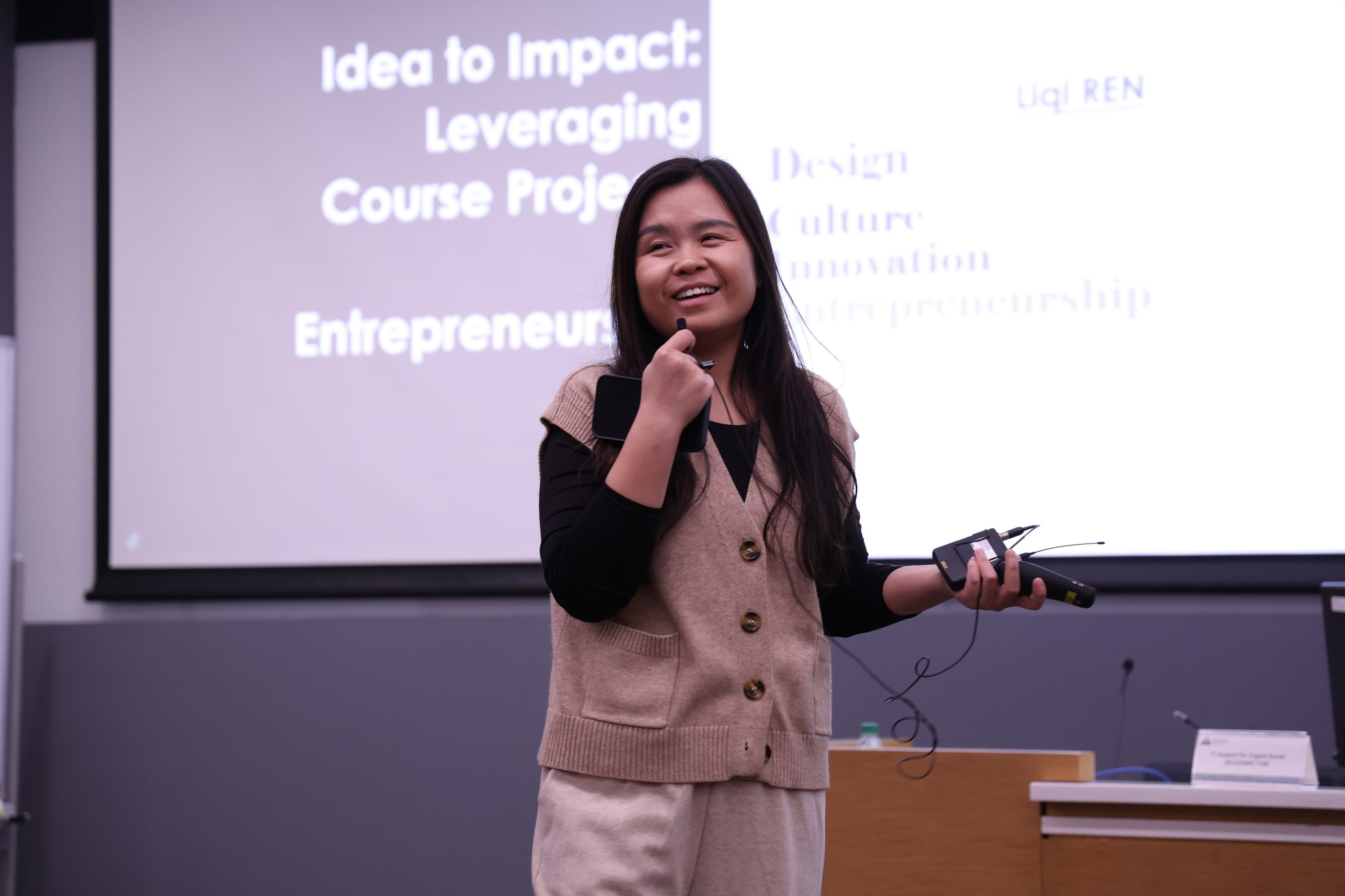
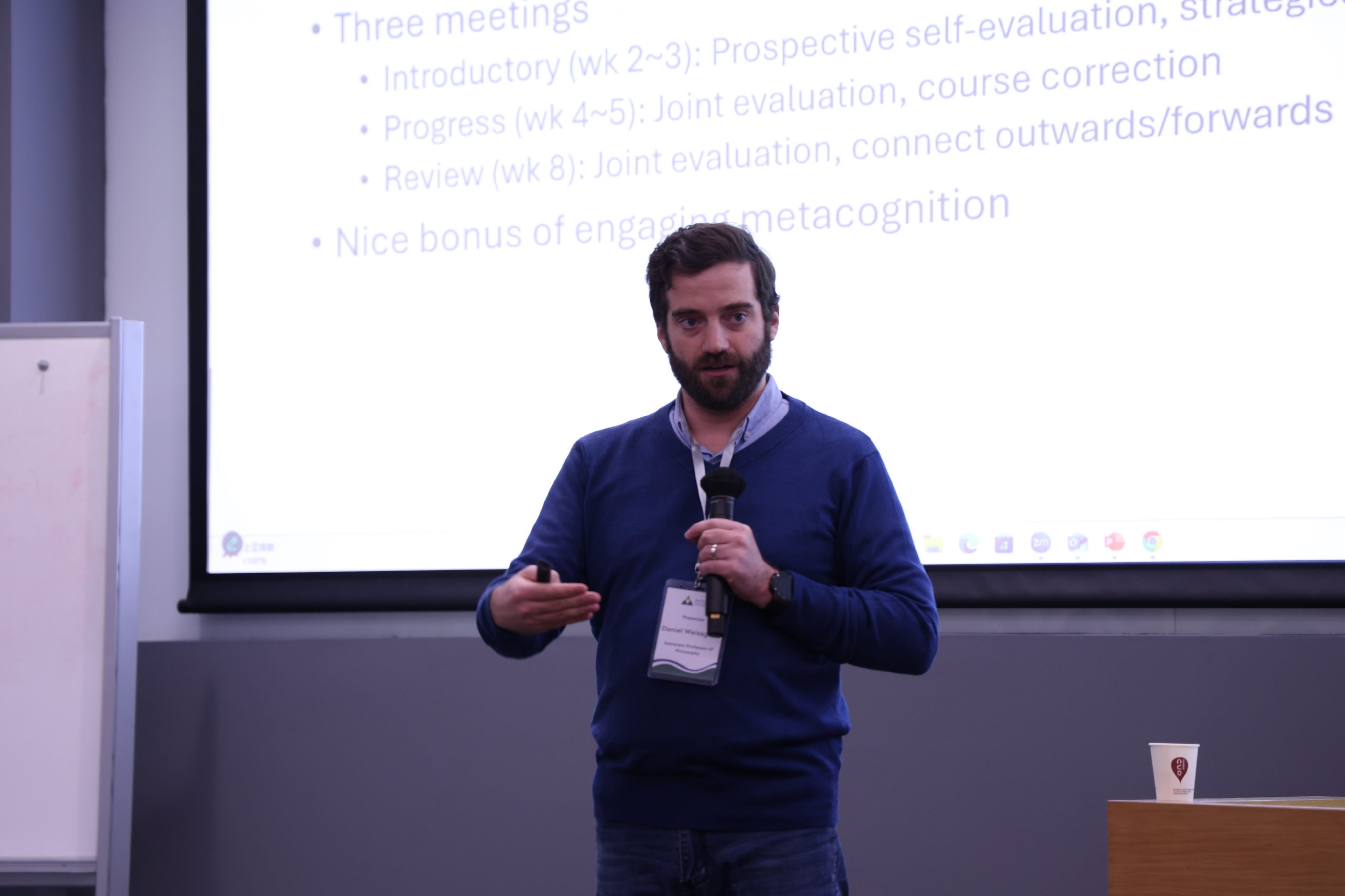
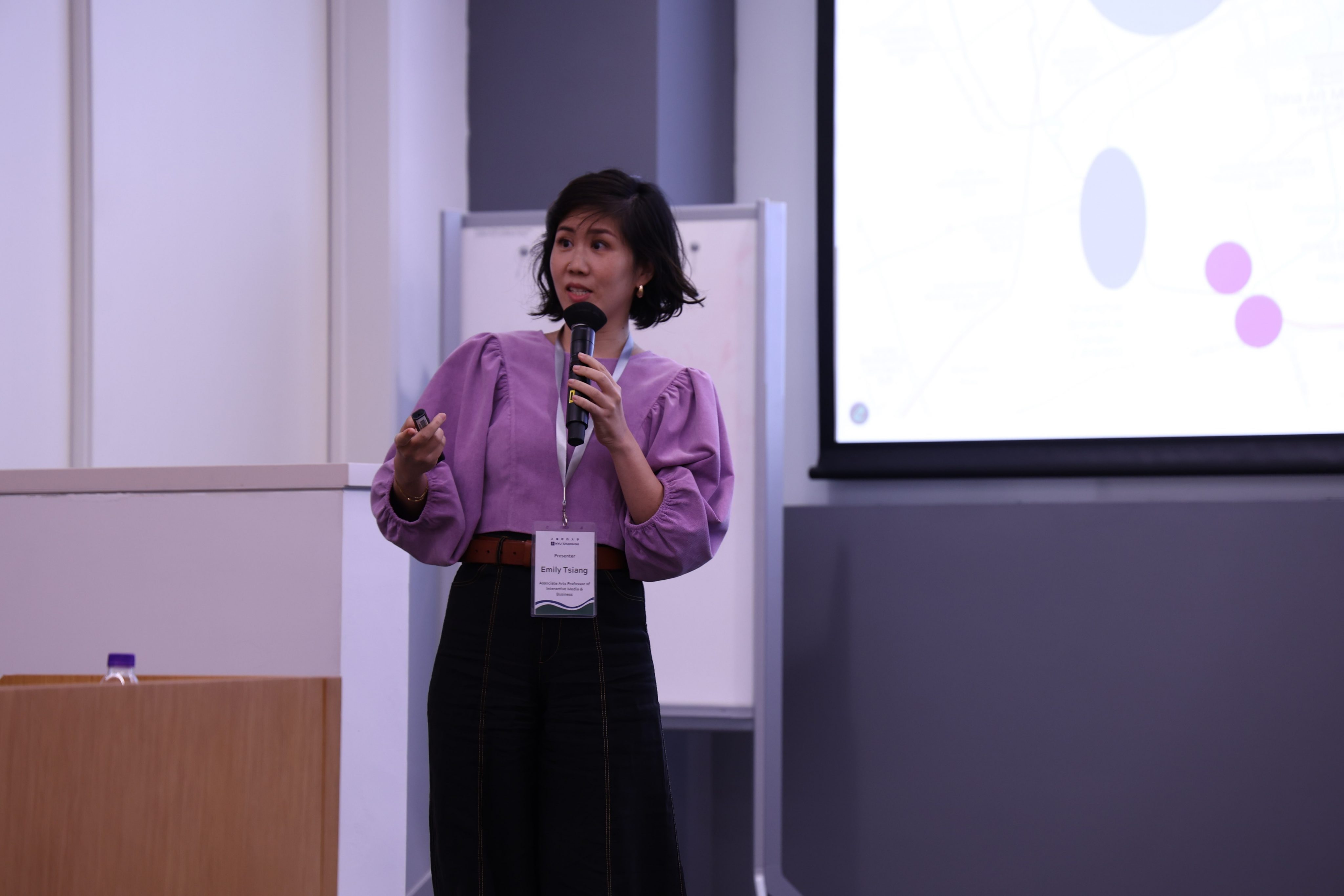
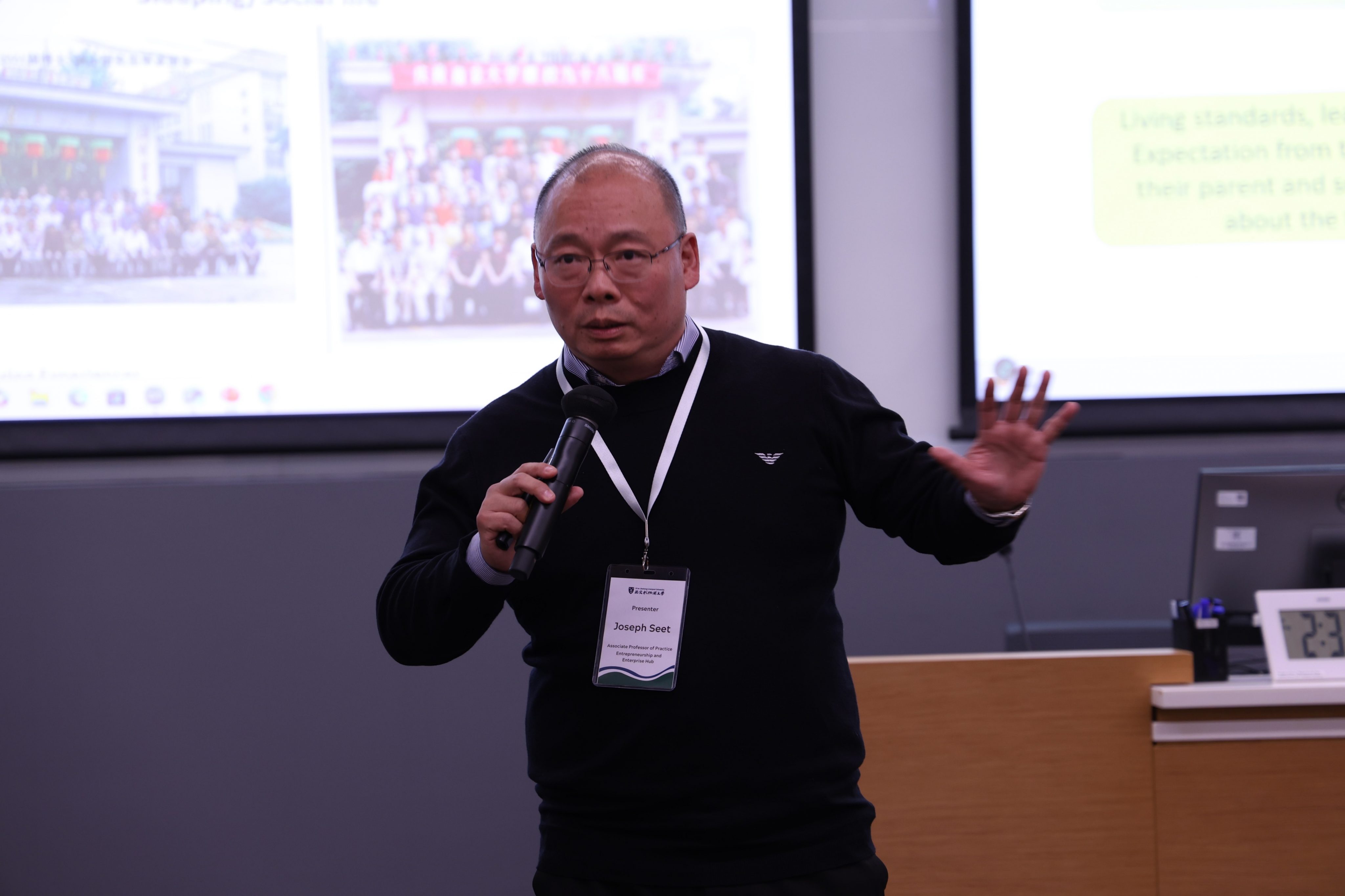
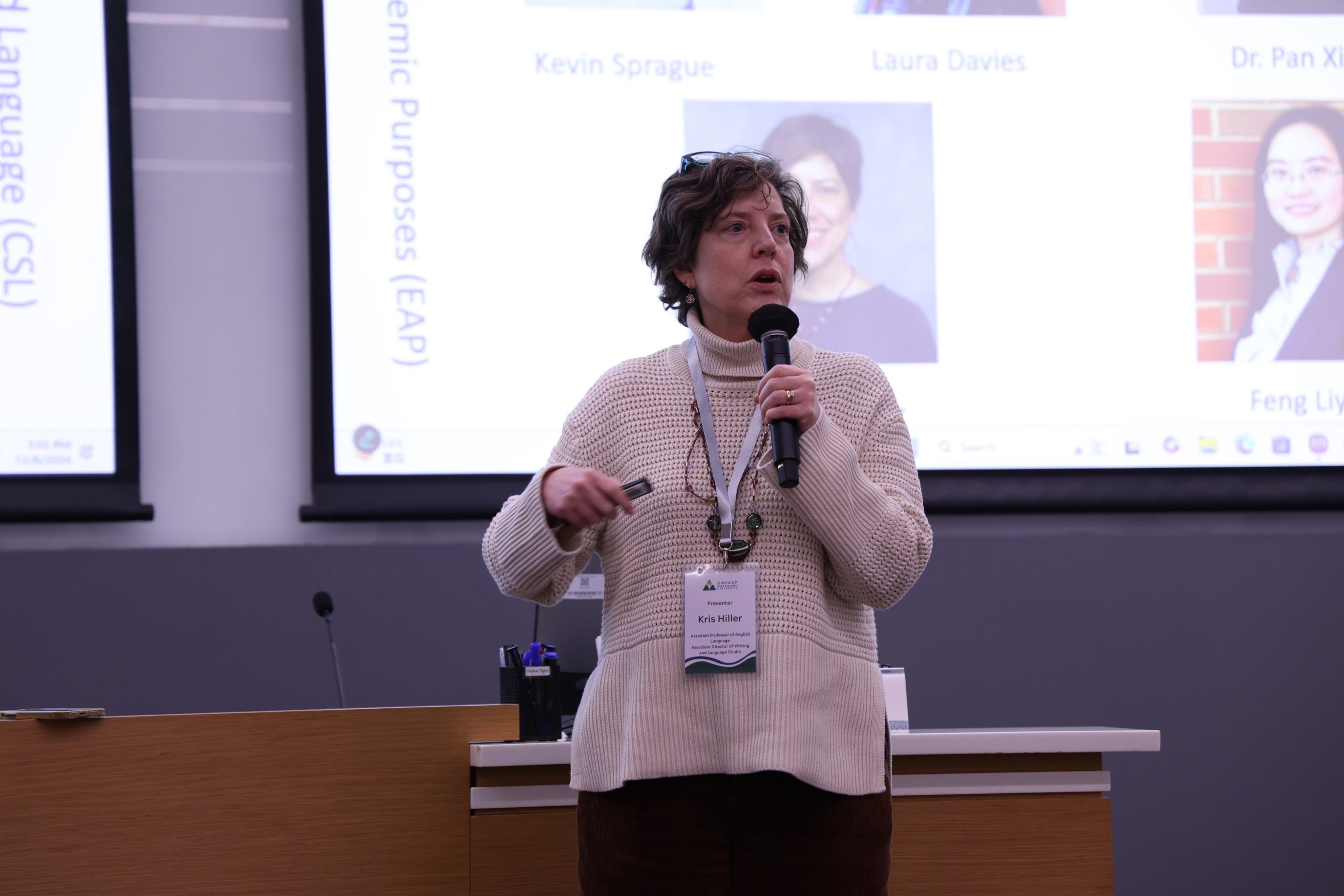
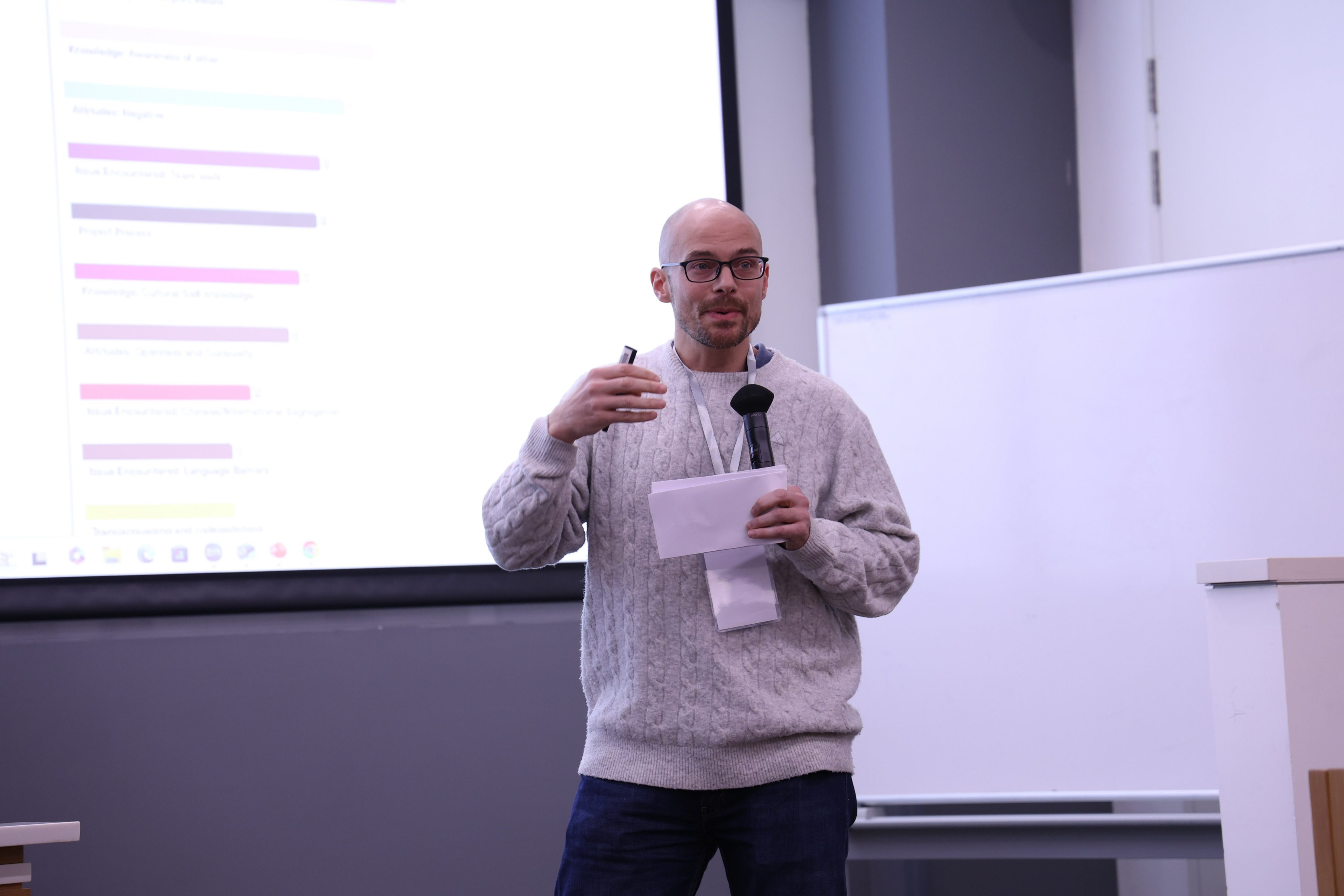
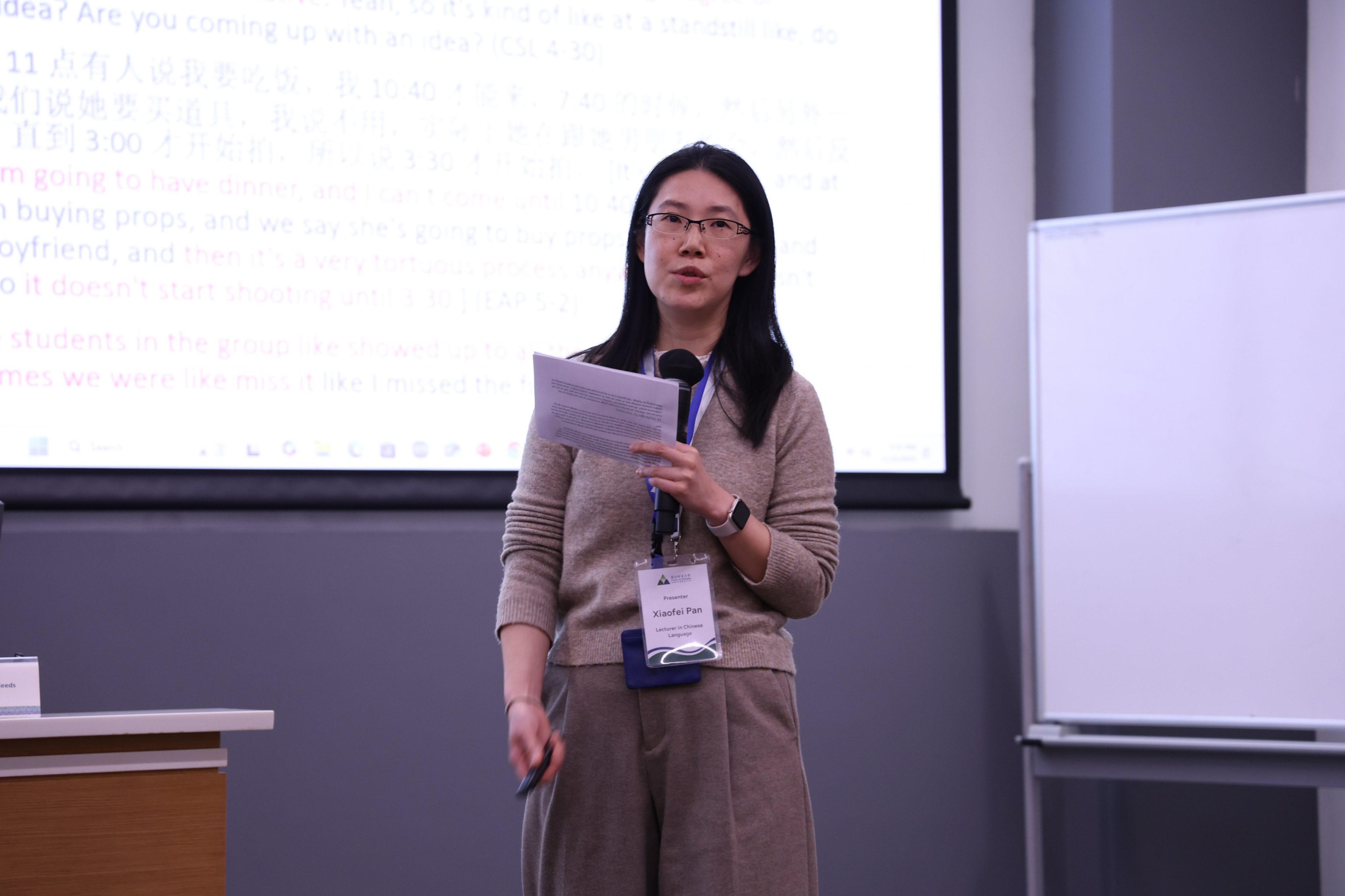
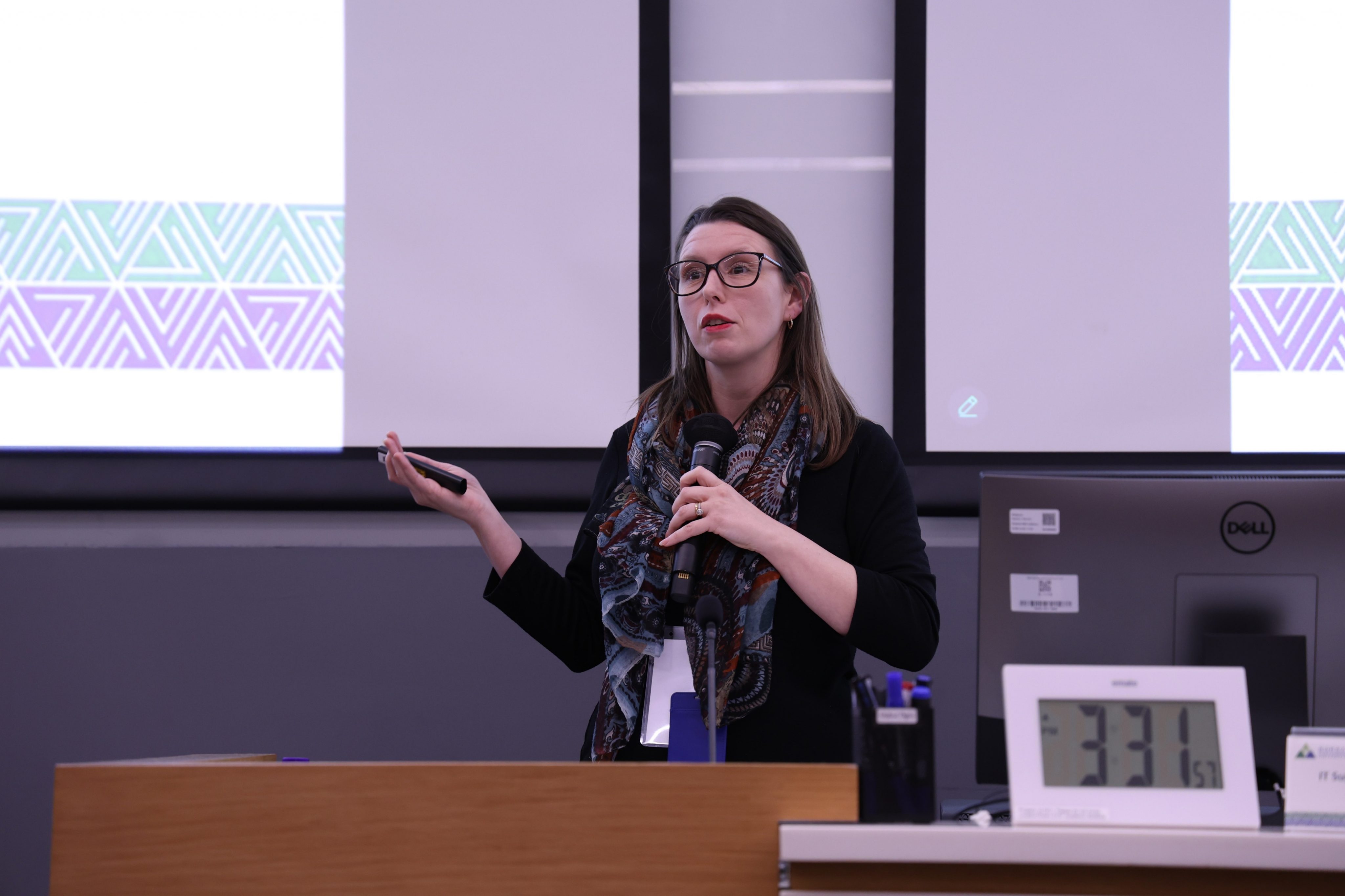
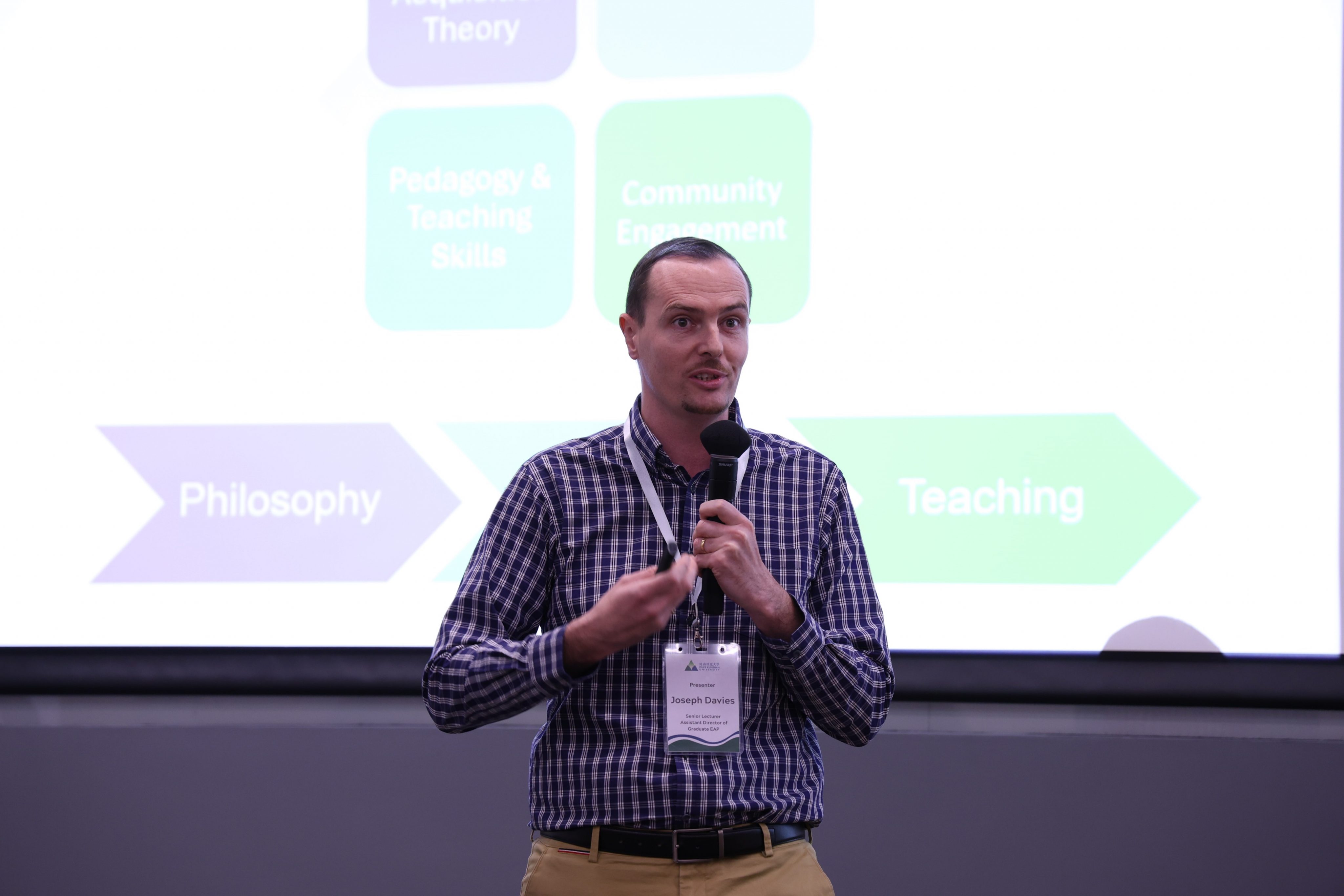
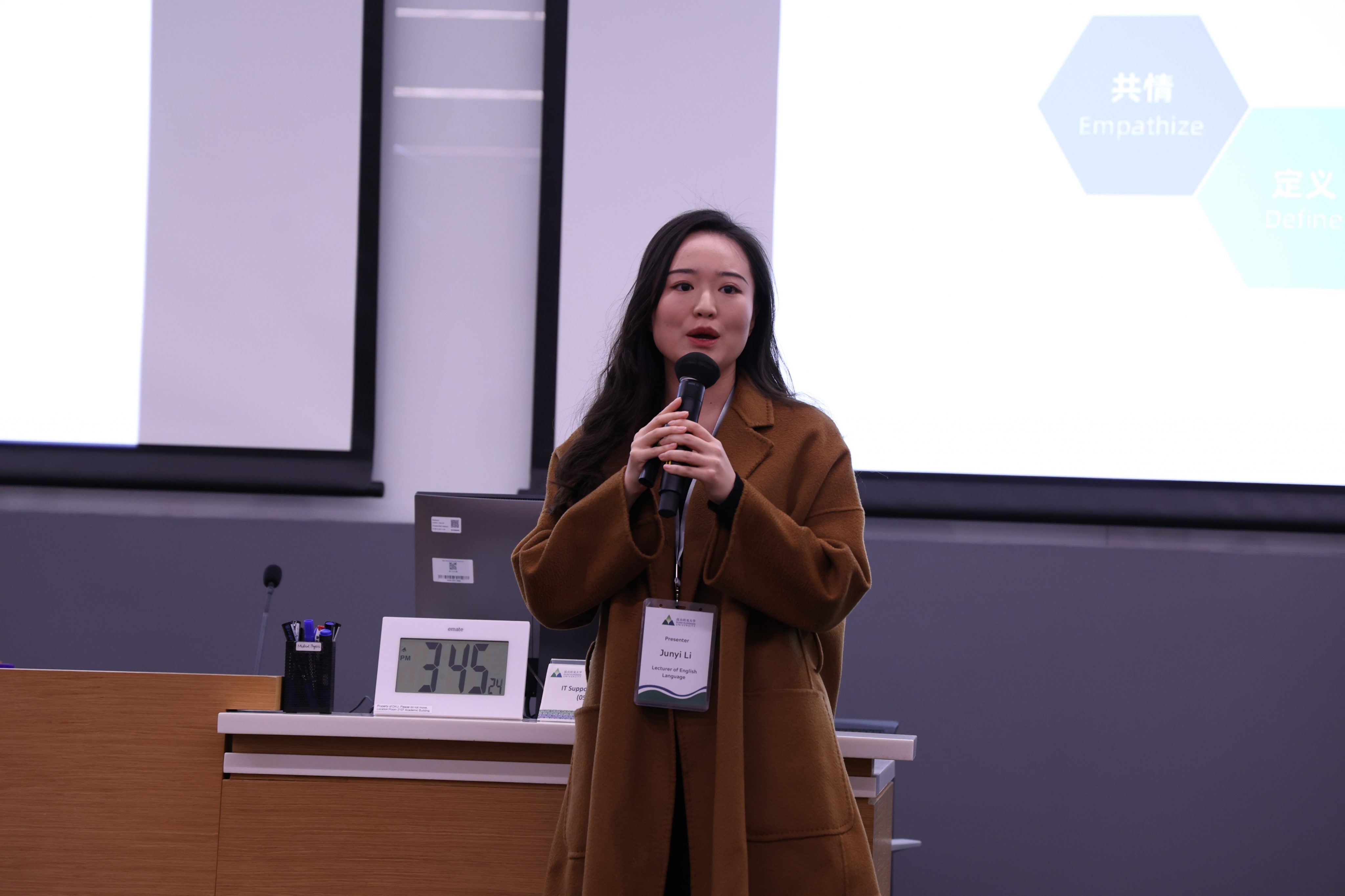
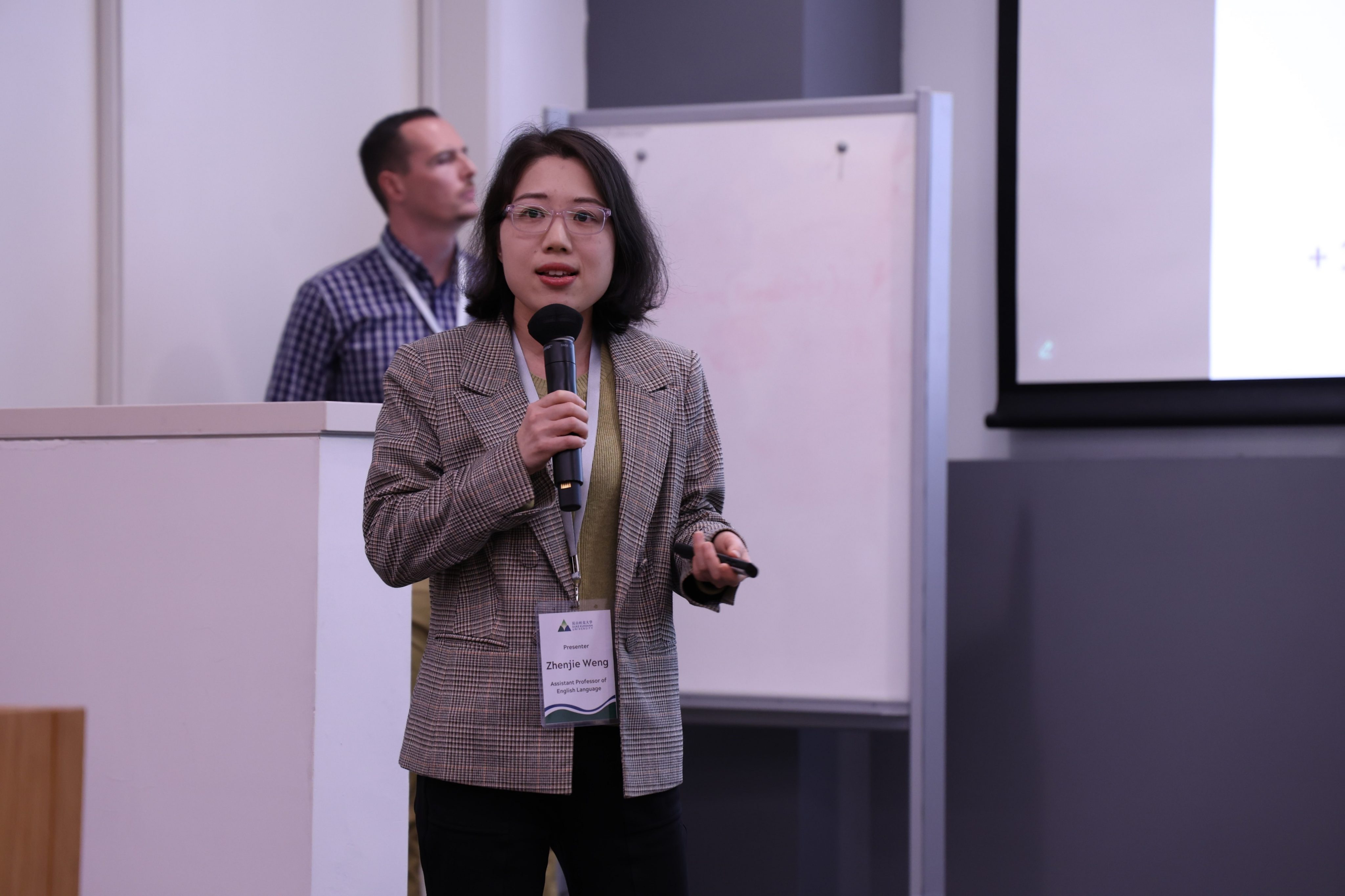
Student Work Exhibition
A selection of student authentic and experiential learning outcomes is exhibited as one part of the Showcase. These works highlight the collaborative efforts and dedication of faculty and students to fostering authentic learning across diverse interdisciplinary courses and academic projects at DKU.





Friday, December 8th, China time/Thursday, December 7th, EST
In the era of Artificial Intelligence (AI), there is a growing recognition of the implications of integrating AI into education. It is the time to discuss the opportunities and limitations, explore the use of AI in teaching and learning, and reimagine the future of higher education. The showcase will feature case studies of adopting innovative teaching and assessment strategies in response to the emerging technologies.
This university-wide event includes inspiring keynote speech, lightning talks, faculty-student panel discussions, guest talk, and networking sessions. Throughout the day, attendees will have ample opportunities to exchange ideas, gain insight into student perspectives, and share best practices with their peers.
Keynote Speech by Dr. Bryan Alexander watch the recording (slides)
Featured Faculty Lightning Talks watch the recording
Going Old-school in New Ways by Renee Richer, Biology
Socrates in the Machine: LLMs as Interlocutors by Daniel Weissglass, Philosophy
Linking Behavioral Science Teaching with Real-World Challenges by Claudia Nisa, Behaviour Science
Exploring Generative AI for Graduate-level Academic Writing: Pedagogy, Reflection, and Research by Joseph Davies, English Language and Benjamin Gutscher, English Language
Teaching and Research for Precision Health and Medicine Using AI-Generated Contents by Ming-Chun Huang, Data and Computational Science and student: Zilin Jiang’24
Student and Faculty Panel: Navigating ethics, academic policies, and student needs in the age watch the recording
Guest Talk: Oral Exams: An Ancient Tool to Foster Learning in Modern Education watch the recording
Despite their over two-millennia existence, oral exams continue to be unfamiliar and daunting for many instructors and students in contemporary education. Instructors often grapple with challenges in designing and implementing oral exams, while students require more guidance on how to prepare effectively for these assessments beyond simply being informed of their format.
In this workshop, Dr. Huihui Qi will delve into the findings of an NSF-funded project focused on using oral exams to enhance students’ learning experiences. She will discuss the multifaceted advantages of oral exams, considering them as both an assessment tool and a feedback mechanism, and exploring their affective benefits. Furthermore, Dr. Qi will share her team’s experiences and resources developed to address the scalability challenges of oral exams. Finally, she will provide insights into the practical aspects of implementing oral exams, covering logistical preparations, strategies for preparing students effectively, and more.
This project received funding from the U.S. National Science Foundation under Award #2044472.
Friday, Dec. 9, 2022, China time/Thursday, Dec. 8, 2022, EST

